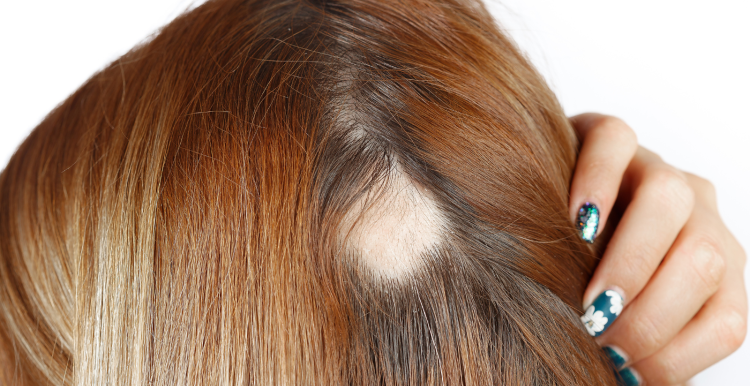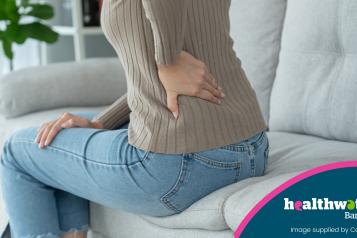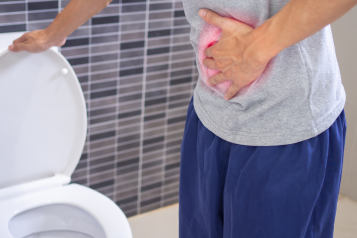Up to 14,000 people could benefit from the first treatment for severe alopecia recommended by NICE

Thousands of people with severe hair loss due to alopecia areata are set to benefit from a new one-a-day capsule to help treat the condition. Ritlecitinib (also known as Litfulo and made by Pfizer) is recommended by NICE as an option for treating severe alopecia areata in people aged 12 and over.
The treatment, taken as a daily pill at home, works by reducing the enzymes that cause inflammation and subsequent hair loss at the follicle. It is the first treatment for severe alopecia areata recommended by NICE for use on the NHS.
Today’s (Thursday, 22 February) recommendation comes after ritlecitinib was not recommended by NICE’s independent appraisal committee in September 2023. Following a public consultation and the company providing additional information and an improved discount to its price the treatment is now recommended as clinically and cost effective for use in the NHS.
Evidence from clinical trials shows that ritlecitinib is more effective than placebo at improving hair regrowth and that response rates continued to improve for people taking ritlecitinib for up to two years.
Helen Knight, director of medicines evaluation at NICE, said:
“Our committee heard how severe alopecia areata can have a significant impact on people's health and quality of life. I’m delighted that we are now able to recommend this innovative treatment, the first time a medicine for severe alopecia areata has been recommended by NICE for use in the NHS.
“It is especially pleasing that we have been able to recommend ritlecitinib just 16 weeks after it was granted a licence by the Medicines and Healthcare products Regulatory Authority (MHRA), demonstrating NICE’s commitment to getting the best care to patients fast.”
Alopecia areata is an autoimmune disease, where the body’s immune system attacks the hair follicles causing the hair to fall out. In severe cases, hair is lost from across the body. Lack of hair on parts of the body other than the scalp, including eyelashes and eyebrows, nasal hair, and hair on the skin leaves people more vulnerable to infections and reduces their ability to regulate their body temperature.
Hair loss in alopecia areata can occur suddenly and may affect people of all ages. The hair follicles are not destroyed but become dormant, making regrowth possible. The extent and duration of hair loss can vary widely from person to person.
The recommended dose is a 50mg capsule taken daily.
The company has a confidential commercial arrangement in place through a simple patient access scheme which makes ritlecitinib available to the NHS with a discount.
Read the full final draft guidance on ritlecitinib for treating severe alopecia areata in people 12 years and over on the NICE website.
The image used is from Canva and has no direct link to the article above.

